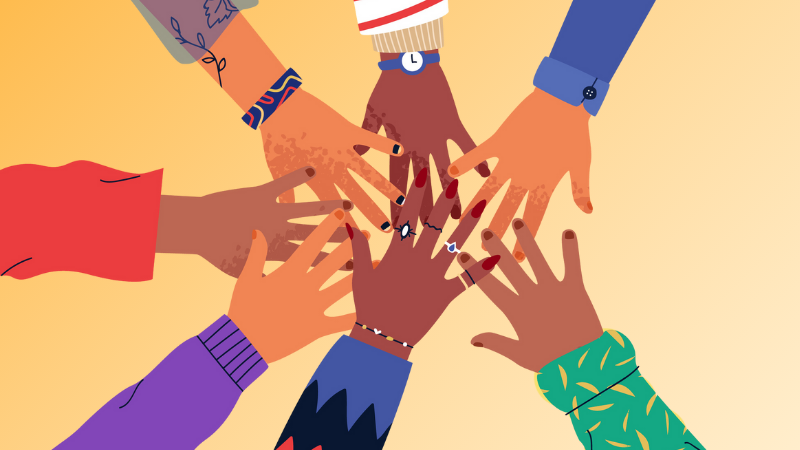Gendered Emotions: Raging Men and Weeping Women
We inevitably experience negative emotions day to day. We feel sad when our best friend, who is also our coworker, quits. We feel angry when we’re mistreated by our supervisor. Feeling it is not the same as expressing it. Have you thought about expressing your negative emotions at work? And can you imagine that your gender has already predominated the emotions you are “allowed” to express?
In three laboratory studies, researchers found that people thought an angry female was just being emotional, simply acting as who she is, and less competent than an angry male. Moreover, people said they would pay an angry female significantly less than an angry male ($14,000/year) and predicted a less prosperous future for her [1].
This is not a coincidence. Emotions have been defined by their psychological attributes. Previous research suggests that anger conveys an image of strength, competence and higher social status; whereas sadness conveys weakness, submissiveness and low social status [2]. According to the gender role congruency theory, females are stereotypically weak and submissive whereas males are tough and dominant. Therefore, an angry female is expressing a gender-incongruent emotion (anger) and further perceived as less favorable.
By applying this perspective, a later study demonstrated the relationship between a leader’s gender, the emotions that leader expresses and follower responses [3]. Research results confirmed that, compared to male leaders who express sadness, sad female leaders are more favorable, competent and have better relationship with their followers. On the other hand, angry male leaders are more favorable than angry female leaders.
Is there any way we can free people from all the gender-centered assumptions? Yes. Based on the research results, don’t allow for any personal attribution when you witness negative emotions at work [3]. In other words, don’t think people’s emotional responses are rooted from their personality. Instead, try to rationalize other people’s emotions from external factors. For example, the reason your boss is picky on your presentation slides today is not because she is mean. It is simply because the client has had a reputation of emphasizing the presentation.
See, it isn’t that difficult!
Reference
[1] Brescoll, V. L., & Uhlmann, E. L. (2008). Can an angry woman get ahead? Status conferral, gender, and expression of emotion in the workplace. Psychological science, 19(3), 268-275.
[2] Tiedens, L. Z. (2001). Anger and advancement versus sadness and subjugation: The effect of negative emotion expressions on social status conferral. Journal of
Personality and Social Psychology, 80, 86–94.
[3] Schaubroeck, J. M., & Shao, P. (2012). The role of attribution in how followers respond to the emotional expression of male and female leaders. The Leadership Quarterly, 23(1), 27–42.


